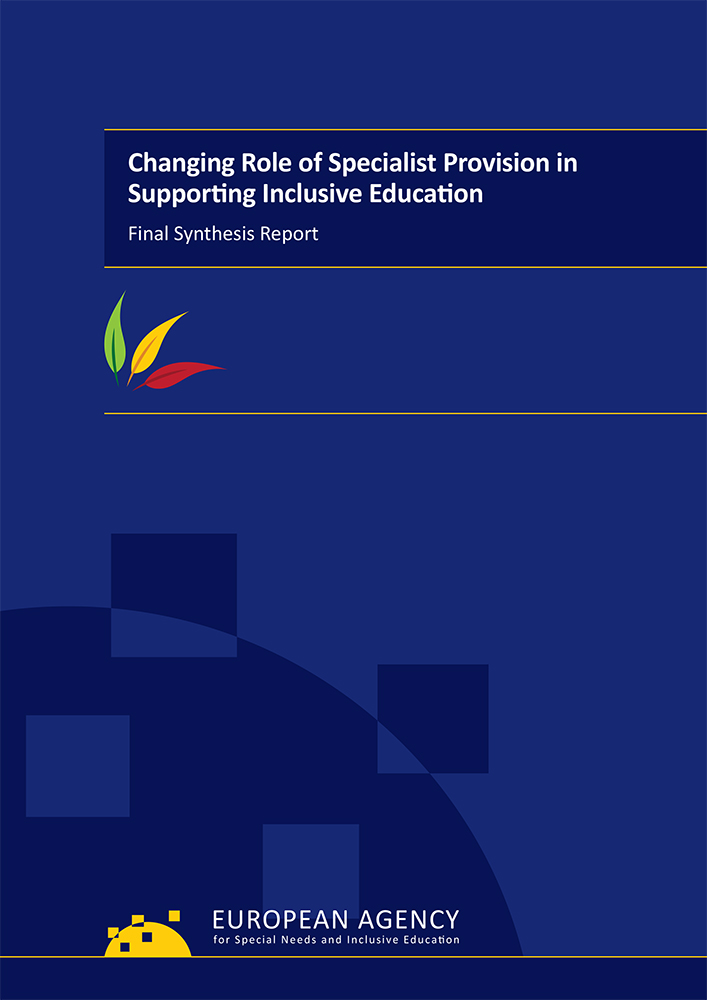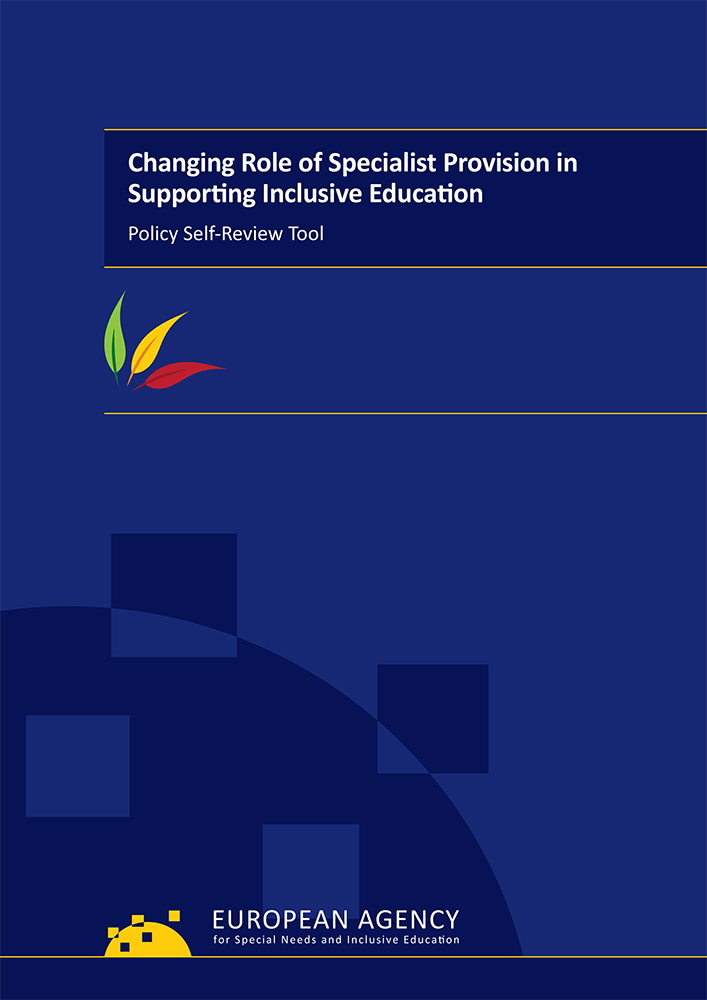Welcome to the Changing Role of Specialist Provision in Supporting Inclusive Education activity web area!
The Changing Role of Specialist Provision in Supporting Inclusive Education (CROSP) activity focused on the re-organisation of specialist provision to support the right to inclusive education for all learners.
CROSP had two phases:
- Phase 1 (2017–2019) covered a detailed mapping exercise on past and current trends and situations in 26 Agency member countries in relation to specialist provision, as well as on perceived future trends.
- Phase 2 (2019–2022) built on phase 1’s main outcomes, focusing on peer-learning activities. These included thematic workshops with policy-makers from Agency member countries.
Activity framework
The current educational policy framework – incorporating the United Nations Convention on the Rights of the Child and the Convention on the Rights of Persons with Disabilities in many countries – increasingly focuses on inclusive education systems that aim to meet the rights of all learners to an inclusive education with their peers in their local communities.
All Agency member countries agree on and are working towards this vision for inclusive education systems. All learners, including those with disabilities and from vulnerable groups, have recognised rights to inclusive education. A key question for many countries was, therefore, to clarify what specialist provision’s role should be in supporting all learners’ rights to inclusive education.
The CROSP methodology followed a peer-learning approach. It provided a forum for policy-makers to review national policies in depth and collaboratively reflect on other countries’ policies. The approach engaged policy-makers with a shared professional focus and knowledge in pre-agreed activities and discussions around four main issues to be considered for changing specialist provision’s role in supporting inclusive education: governance, funding, capacity building and quality assurance.
Participants and target group
All Agency member countries were invited to participate in the CROSP activities.
During phase 1, 26 member countries (covering 27 jurisdictions) provided specific country information. In phase 2, 23 member countries participated in the first round of thematic workshops.
The activity focused on learners in International Standard Classification of Education (ISCED) levels 1 and 2 (compulsory education). The main target group for the activity outputs were national- and regional-level policy-makers from different social sectors. These policy-makers are responsible for ensuring an effective framework of educational provision to meet all learners’ needs.
Aims
The CROSP activity aimed to identify and analyse the factors and key policy drivers within country policy and practice that influence the re-orientation of specialist provision’s role towards supporting inclusive education for all learners.
Phase 1 involved mapping Agency member countries’ past and current trends and situations in relation to specialist provision, as well as perceived future trends.
Phase 2 aimed to enable countries to develop effective strategies to improve the changing role of specialist provision in implementing inclusive education.
Activities and outputs
Phase 1: Mapping exercise (2017–2019)
Phase 1 aimed to provide an overview of the state of the art in Europe regarding the development of specialist provision and its relation to mainstream inclusive education.
Phase 2: Peer-learning activities (2019–2022)
Phase 2 (2019–2022) built on phase 1’s main outcomes, focusing on peer-learning activities.
Outputs
A synthesis report, Changing Role of Specialist Provision in Supporting Inclusive Education: Mapping Specialist Provision Approaches in European Countries, was the main outcome of phase 1. Its findings provided the basis for further analysis during phase 2.
An animated video (with subtitles in 25 Agency languages) and an infographic convey key messages from phase 1 of CROSP. These outputs explain what specialist provision is, why its shifting role to support inclusive education is important and how policy can aid in this shift.
The CROSP Policy Self-Review Tool was the main outcome of phase 2. It is an open-source tool for policy-makers at national/regional/local level, as well as decision-makers and professionals at school level. It is available in 25 Agency languages. The CROSP Policy Self-Review Tool video presents the tool and provides guidance on how to use it.
The CROSP Final Synthesis Report provides an overview of phases 1 and 2. It describes the situation and trends in Agency member countries in relation to specialist provision, as a result of phase 1 activities. It then presents the methodology and key findings of phase 2.
The CROSP Final Summary Report presents the key findings of phases 1 and 2 of CROSP. It is available in 25 Agency languages.
To ensure the quality of the CROSP activities, an activity evaluator conducted formative evaluation of the peer-learning process. The resulting Formative Evaluation of Peer Learning report outlines the key findings.


